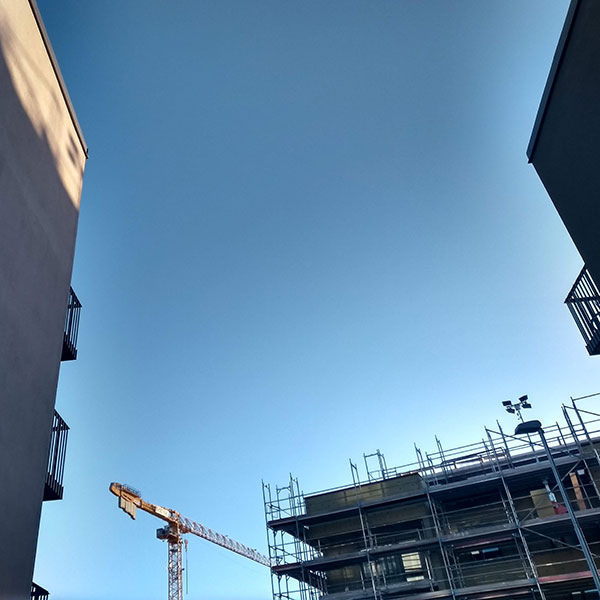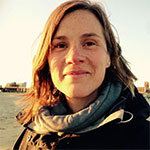NAP focuses on two governance strategies: nudging and participation. Nudging is an approach for behavioural change where changes in the physical or digital environment are used to ‘nudge’ people in a specific direction towards more sustainable or healthy lifestyles. Participation, on the other hand builds on the active and conscious involvement of people, exploring possible and desirable ways to reduce their environmental impact, as well as what it would take for this to be realisable. These approaches are often seen incompatible.
NAP explores how these governance strategies work in practice, both in planning organisations and for the citizens that are targeted, and if and how the strategies can be combined. Power and ethics are central concepts, and the project asks questions for example about who decides what a sustainable lifestyle is. The empirical work is performed in two urban areas located in Sweden, Rosendal in Uppsala and Sofielund in Malmö. There, we research different types and combinations of nudging and participation together with practitioners, municipalities, property owners, urban consultants, architects and the people living in the chosen areas.
The project includes two linked sub-projects, a post-doc project and a PhD-project:
The post-doc project focuses on two initiatives. In Rosendal in Uppsala research is done into an initiative to provide possibilities for associations to plan and build their own house (byggemenskap), within the municipal planning framework. Whereas in Sofielund in Malmö, research is conducted into an initiative to involve a broad group of actors in temporary place-making. Both initiatives provide great opportunities to explore nudging and participation in the shaping of urban everyday practices.
The PhD project focuses on inhabitants’ perspectives of sustainable living. The starting point for the project is to understand how people living in Rosendal make sense of 'sustainable lifestyles' and what type of everyday practices they associate with such lifestyles. The project will then take a closer look at these everyday practices, while considering to what extent the living environment enables and/or hinders sustainable living.
The project is part of the Swedish strategic innovation programme Viable Cities for smart and sustainable cities. Viable Cities is jointly funded by Vinnova, the Swedish Energy Agency and Formas. Read about the programme: viable Cities for smart and sustainable cities
NAP is financed by Viable Cities and by SLU. The project partners are SLU, Uppsala Kommun, Malmö Stad, Fastighetsägare BID Sofielund, Rosendal Fastigheter, LINK Arkitektur AB, Lindroos Arkitektur, Urban Minds, Tengbom Arkitekter, and WSP Sverige.
Feel free to contact us with any questions or remarks!





